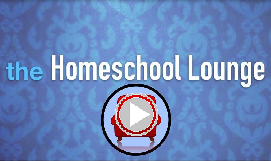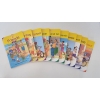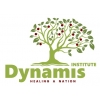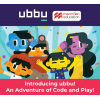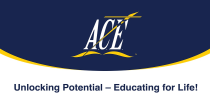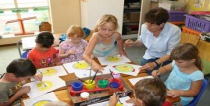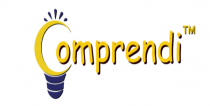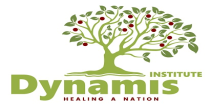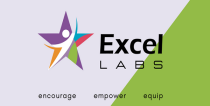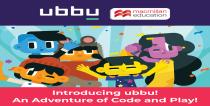Western Cape bans alternative education
Given the state of public schools in South Africa, many parents explore alternatives in order to meet the educational needs of their children. Unfortunately the Western Cape government has effectively banned these alternatives, causing quite some controversy in the Tygerburger community newspaper in April 2016.
According to the South African constitution, all citizens have the right to a basic education. Government attempts to realise this right by providing public schools. In public schools, children are segregated based on age and sit in a classroom for 6 hours per day while being taught on the one-size-fits-all national curriculum by certified and unionised teachers. This type of education is an disaster in South Africa, because year after year benchmark tests show that the standard of education in South Africa is one of the lowest in the world. If the unintended consequences of the public schools such a bullying, drugs and violence are also taken into account, it can be argued that public schools often provides the opposite of education. It often produces functionally illiterate young people that cannot be productive in society and tend to get involved in crime.
Because of the failure of public schools, many parents are exploring alternatives. This has led to the growth of to a new phenomenon in the South African educational environment. Homeschools, micro schools, learning centres, unregistered private schools, low fee schools and cottage schools are all different terms that are used to refer to small independent or private schools that are mostly operated by a small group of entrepreneurs, parents, ex teachers or volunteers. This phenomenon has been acknowledged in research by the Centre for Development and Enterprise. It describes the phenomenon as the "hidden assets" of South Africa, because these schools generally produce better results than public schools and offer solutions for children that do not fit into the school system. The law also makes allowance for such alternatives. The South African constitution states that all citizens have the right to establish independent educational institutions.
Despite that the constitution allows it and research has shown it's success, alternative education is banned by the Western Cape Government for all practical purposes. In Regulation 341/2011 of the Western Cape government (signed by min. Donald Grant), the right to establish independent educational institutions has been restricted to such an extent that it is almost impossible to register a private school that deviates from the public school model. Independent research also showed that the cost of compliance with regulation is a about R280 000, regardless of the size of the school. This makes it unaffordable for small schools to register as a private school. The Western Cape Government has not only criminalised alternative education, but is also busy with a campaign to prosecute schools that cannot meet the unconstitutional and unaffordable demands of the Western Cape.
Small independent schools do not have the knowledge nor resources to defend themselves against this unlawful interference of government. It is therefore imperative that small independent schools join a legal defence fund to protect themselves against interference by government. If civil society does not resist this interference, it will sacrifice the future of its children to promote the careers of officials and politicians.

Comments
Events
Legal & Research
Centres
Homeschool ABC
Support
Curriculums
Cambridge & International ...
As of 1 January 2025, Macmillan Education is the sole agent ...
Sunrise readers: From pre-reading ...
Parents and educators - these popular reading books with an ...
Learn, code and create with Ubbu
Introducing ubbu!An Adventure of Code and Play! Learn, Code ...
Has no content to show!




